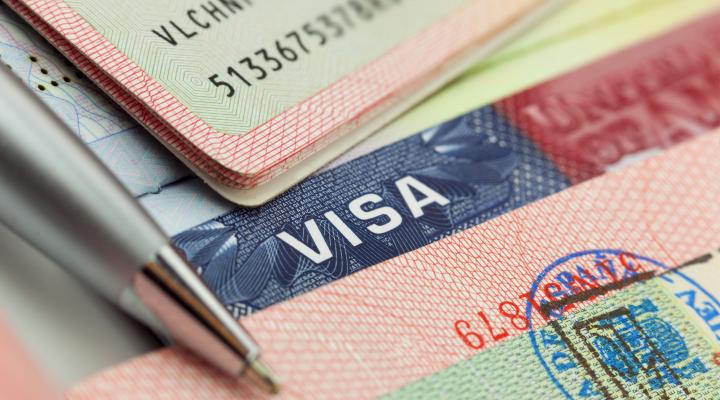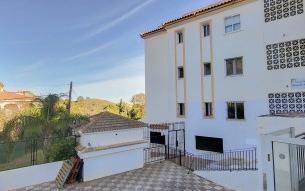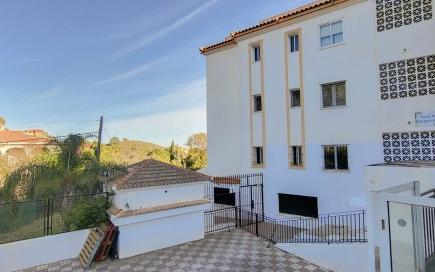
As a result of Britain’s decision to leave the EU, Britons are now treated as third-party nationals when visiting Spain. This means that Britons can only spend 90 days out of every 180-day period in any EU country (commonly known as the 90-day rule). Many Britons are keen to circumnavigate this rule, and spend longer than 90 days in Spain in any given period, which is why Britons who are married to EU nationals are wondering whether this will enable them to extend their stays.
If you are married to a spouse with an EU passport and you are travelling with them, can you spend longer than 90 days in Spain? Here’s everything you need to know:
Understanding the 90-Day Rule
The 90-day rule applies to all non EU-nationals who are visiting either the EU or Schengen zone. It doesn’t matter what the reason for your visit to Spain, you cannot spend more than 90 days in the country at any one period of time without a visa. This rule applies to holidays, visiting a second home, or spending time with family who reside in Spain.
The 90-day rule applied to Britons from January 1st 2021, when the UK officially left the EU. This rule has been applied to visitors from Canada, America, Australia and other third-party countries for a much longer period of time. If you want to work, study, or undergo vocational training in Spain then, even if your stay is for less than 90 days, you may still be required to apply for a visa.
The 90-day rule means that you can spend 90 days in Spain out of each 180-day period: this can either be in one block of time, or in several smaller stays. This means that, provided you don’t do it all in one block, you can spend six months a year in the EU. You cannot spend 90 days in Spain and then 90 days in another EU country: you must leave the whole Schengen area in order to ensure you don’t fall foul of the law.
Can Being Married to an EU Citizen Extend Your Stay?
If you’re married to an EU citizen then this can be very helpful when you come to apply for residency or other immigration requirements within the EU, but sadly it won’t help you to circumnavigate the 90-day rule. That’s because the EU’s immigration requirements are very clear: as a non-EU passport holder you can spend 90 days living in a European country with your spouse without a visa, but then you must apply for either a residency card or a visa, depending on the length and purpose of your stay.
It’s not all bad news though: as the spouse of an EU passport holder, applying for the visa or residency document that you need will certainly be easier, but you will still need to complete the application process.
Applying For a Residency Permit in Spain
As the partner of an EU national in Spain, you can apply for a family member residency card, which is called the tarjeta de residecia de familiar de ciudadano de la UE. This is one of the easiest residency permits to apply for as, provided your spouse is already living and working in Spain, you won’t need to demonstrate proof of financial means to secure your residency. Instead you will just need to show that your partner is registered in the country’s labour system, and makes contributions to social security. This same residency permit will also be available to any dependent children that you have.
If your spouse has an EU passport but is not a resident of Spain, that wouldn’t mean that you could move to Spain independent of your partner: you would both have to move to Spain together, and your spouse would have to demonstrate that they have the financial means that they need to support both of you during your time in the country.
Would you like to become a Spanish citizen, and dream of buying a property in the country? Then why not get in touch with Right Casa Estates, we are premier estate agents in Costa Del Sol, Spain. Our locally based property experts, who have years of experience in helping house-hunters just like you to find the property of their dreams in Spain.

 English
English Español
Español Deutsch
Deutsch Français
Français Svenska
Svenska Nederlands
Nederlands Italiano
Italiano Norsk
Norsk Русский
Русский


































